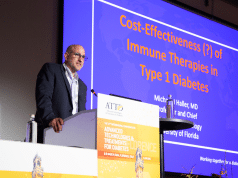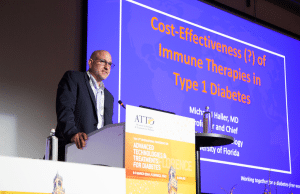A recently published white paper delved into the concept of event legacy and highlighted the difficulties faced by associations and not-for-profit organizations when it comes to selecting and assessing their impact on society in a positive manner.
Recent research on event legacy showed that legacy goals are high-impact and far-reaching, and they should be driven by the associations and not-for-profits organising the events rather than being an add-on by the destination. However, measuring such legacy can be a significant challenge since it is long-lasting, and the time frame for success can vary from weeks to decades or even centuries.
During the research, attendees debated and answered questions on the difference between outcome and legacy, and it was clear that legacy is not just about event activation but long-term communication and advocacy from associations and not-for-profits across all of their activities. Legacy goals can be challenging, far-reaching, and take a long time to achieve. Therefore, when it comes to events and a desire for legacy, there should be a focus on measurable outcomes that can add incremental value to an organisation’s overarching strategic goals.
Bas Schot continues: “The research highlighted the limitations of current measurement tools, and it was clear that measurement is only possible if clear goals are set in the first place. Key performance indicators and long-term strategic plans should be created at an organisational level rather than looking at an event in isolation. These, should feed into an event’s strategy and any event legacy program, which can be reflected on over time.”

The research was conducted in two stages – quantitative research via a workshop with 11 leading international association conference professionals and quantitative survey data gathered from 70* event professionals from around the world.
The full white paper and research results can be downloaded from here.
*The 70 surveyed event professionals can be broken down as:
- 64% in house association PCOs
- 10% agency association PCOs
- 13% corporate conference planners
- 2% charity conference planners
- 11% other
For more information visit https://thehague.com/conventionbureau/en.














